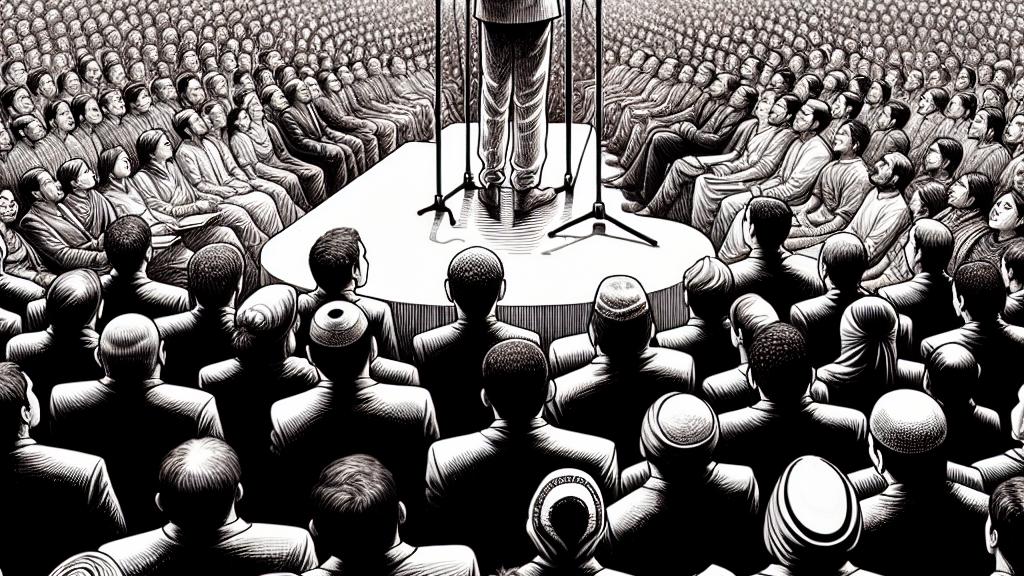Rohingya Resilience: Yunus's Bold Pledge Amidst Political Turmoil!
Overview
- Bangladesh reaffirms commitment to Rohingya refugees under new leader Muhammad Yunus.
- Urgent international aid is needed as humanitarian conditions worsen for the Rohingya.
- Political instability threatens the garment industry, crucial for Bangladesh's economic health.

Bangladesh’s Ongoing Support for Rohingya Refugees
In Bangladesh, with an estimated one million Rohingya refugees finding sanctuary, new leader Muhammad Yunus has taken a decisive stand to support this vulnerable population. These refugees, who escaped severe persecution in Myanmar, have been living in overcrowded and precarious conditions for years. During his inaugural address, Yunus emphasized the necessity for sustained international cooperation to address humanitarian needs, highlighting that many refugees are deprived of basic essentials such as food, shelter, and medical care. He urged global partners to renew their support for humanitarian initiatives, focusing on improving living conditions and ensuring that repatriation to Myanmar occurs safely and with dignity.
Political Upheaval and Economic Challenges Ahead
Yunus's leadership arrives amidst considerable political turmoil following the unceremonious exit of Prime Minister Sheikh Hasina, who fled after weeks of intense street protests against her regime. The protests were sparked by grievances over government corruption, human rights abuses, and economic mismanagement, including high unemployment rates affecting the youth. As a result, Yunus now faces the challenge of stabilizing a nation in flux while addressing the immediate needs of the garment industry—Bangladesh's economic backbone—responsible for a staggering 85% of its exports. Any disruptions could jeopardize jobs and incomes for countless families, making his dual focus on political reform and economic stability essential for the country’s recovery.
Towards Democratic Reform and Reconciliation
Looking ahead, Yunus outlined a vision for democratic reforms and national unity, vowing to conduct free and fair elections as rapidly as feasible. This commitment comes after years of allegations regarding electoral manipulation and erosion of democratic institutions under Hasina’s administration. Yunus aims to rebuild trust in governance by implementing reforms across vital sectors, including the electoral process and the judiciary. He also underscored the importance of promoting national reconciliation among diverse political factions, ensuring every citizen has a voice in the decision-making process. By balancing the humanitarian support for the Rohingya and addressing the aspirations of the Bangladeshi populace, Yunus hopes to lay the foundation for a stable and equitable future.

Loading...